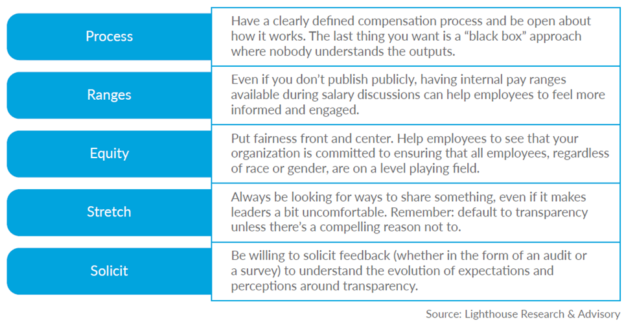Month: July 2018
-

How Pay Transparency Affects Equality, Engagement, and More
Next week I’m heading up to Massachusetts to talk about pay transparency to a group of HR and business leaders. Of all the topics I could have spoken about, why pay transparency? First of all, it’s becoming more and more of an issue because of legislation that prevents employers from asking about salary history. Research…
-
The Calm Before the Storm…
It’s been quiet this week, because I’ve been finishing up the final round of edits on my book that comes out later this year. Yesterday I turned in what I think is the 99.99% version to the editor (you never quite get that 0.01% from what I can tell). I’ve learned a lot in this…